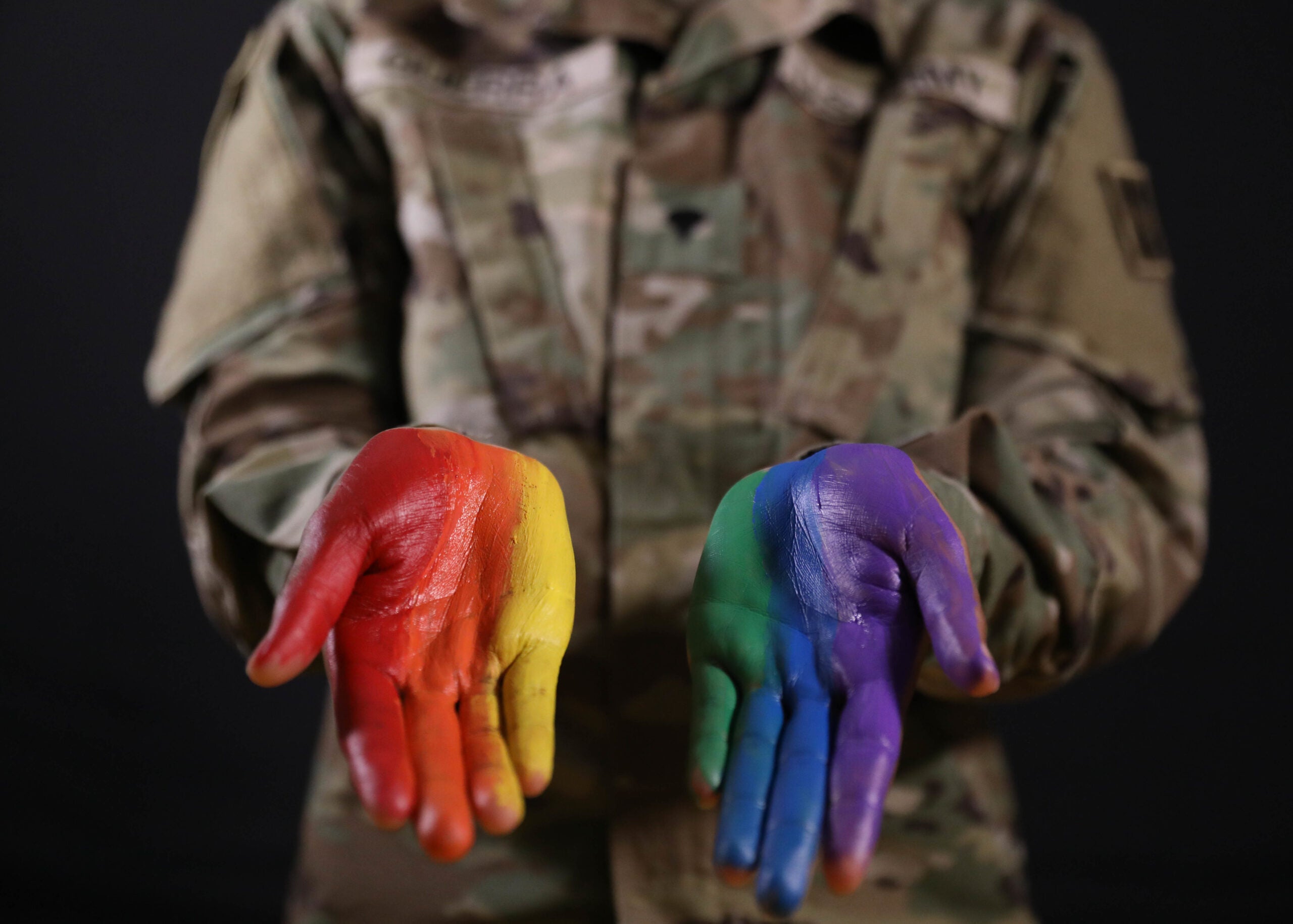To recruit Generation Z, the Army has to clearly and publicly show the effort they’re making to address sexual harassment, assault, and suicide, Army Secretary Christine Wormuth said.
“I think we do need to do more to address their concerns,” Wormuth said of Gen Z in an interview with Task & Purpose on Monday. She recalled reading something that explained how the “mainstream media’s coverage of the Army” tends to focus on sexual assault and harassment, suicide, and safety violations. But there are “a lot of fantastic things that are happening in the Army that just don’t get covered,” she said.
“Setting that aside, you know whether I like that or not, I do think there is information out there that Generation Z sees and they’re like, ‘Why would I want to be a part of that?’” Wormuth said. “So I do think we have to both get the positive things out there for the Army, but also frankly … we need to show that we are doing something about sexual harassment and sexual assault in the Army. We need to show that we are doing something about suicide prevention in the Army.”
For several years now, the service has been looking for ways to get the attention of Gen Z, the generation born after 1996. The service started focusing on other cities outside of the more conservative southern states that are reliable recruitment hotbeds. They launched a marketing campaign titled “What’s Your Warrior?” in 2019, tailored to give the youths what the Army thought they wanted: to be a part of something bigger than themselves. They made a new series of commercials called “The Calling,” which the Army Enterprise Marketing Office said was meant to “close the relatability gap between Gen Z and the Army.” The Army even started offering up to $50,000 enlistment signing bonuses for those ready to ship out within 90 days and sign up for things like Airborne and Ranger school.

Subscribe to Task & Purpose Today. Get the latest in military news, entertainment, and gear in your inbox daily.
Nevertheless, the Army’s 2023 budget request, announced earlier this year, includes a reduction in their total end strength, going from 1,010,500 to 998,500 soldiers. Army Undersecretary Gabe Camarillo said in March that the reduction was not a “budget-driven decision,” but one the Army was making in order to focus on recruiting, and retaining, the best soldiers they can.
“We want the highest quality caliber recruits that we can bring into the Army, and so we made the decision to just temporarily reduce end strength, as opposed to lowering our standards,” Camarillo said at a press briefing.
And while standards of recruits may be an issue — a press release from the Military Health System in February took particular issue with the “sedentary lifestyle” led by today’s young people — there are also legitimate concerns held by Gen Z. Among them, as Wormuth mentioned, are sexual assault and harassment, and suicide.
In 2020, the Army had a very public reckoning over assault and harassment after the murder of Spc. Vanessa Guillén at Fort Hood, Texas, complete with service members across the military sharing their stories of facing assault and harassment in uniform. And suicide has proven to be an incredibly difficult issue for the military to get its arms around. The Army specifically saw its highest rate of suicides in 2021 since 1938, coming in at 36.18 suicide deaths per 100,000 soldiers.

Wormuth said on Monday that while the year isn’t over yet, compared to this time last year the Army is seeing fewer suicides than it did in 2021. She added that the potential decrease is “reflective of some of the things we have done to try to address that problem, and the light we have shone on that.”
But she also acknowledged on Monday that there could be other factors that will impact how long someone decides to stay in the Army. Various state laws discriminating against LGBTQ people, as well as state laws banning abortion, are “potentially” an issue in regards to retaining soldiers, she said.
Many of those laws are cropping up in states that have significant military footprints. Texas, for example, has directed that families can be investigated by the Department of Family and Protective Services if they are reported for providing gender-affirming care for transgender youth. It is also one of several states with so-called “trigger laws” in place, which would effectively outlaw abortions in the instance that the 1973 Roe v. Wade decision is overturned. But Texas is also the home to tens of thousands of soldiers at the sprawling Fort Hood, Fort Bliss, and in the National Guard.
“I think probably from a retention standpoint it’s potentially an issue,” Wormuth said of various state laws. “I don’t think it’s probably front of mind for people who are contemplating joining the Army, just because frankly at 18 years old, a lot of people that age aren’t thinking about families or starting families, things like that. But I think as folks join the Army and are getting further along in their careers, it could be something that’s of concern to them.”
Military.com reported last week that the Army was “circulating a draft policy tweak” in regards to compassionate reassignments, which would allow soldiers to request to move installations if they are in a state where they feel discriminated against based on their gender, sex, religion, and pregnancy. The updated guidance was drafted before a leak from the Supreme Court regarding a decision to overturn Roe v. Wade, Military.com reported.

Asked about those draft policies, Wormuth said Monday that there is “not a draft policy right now to address the hypothetical of Roe v. Wade being overturned.” However, she added that the Army “has a responsibility to make sure that we’re caring for our soldiers and their families.”
But ultimately, Wormuth said that Gen Z does “want a sense of purpose,” and she can’t see a higher purpose than “being in the U.S. Army.”
“I think finding ways to tell that story and help young people see how the Army can give them that purpose and how they can find that community in the U.S. Army — that’s something I think we need to do better,” she said.
The latest on Task & Purpose
Want to write for Task & Purpose? Click here. Or check out the latest stories on our homepage.
